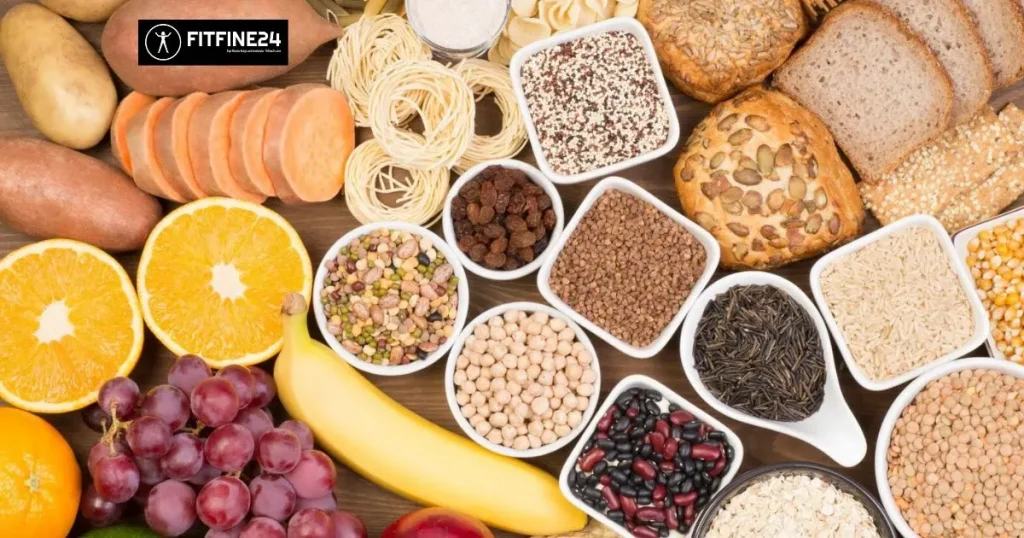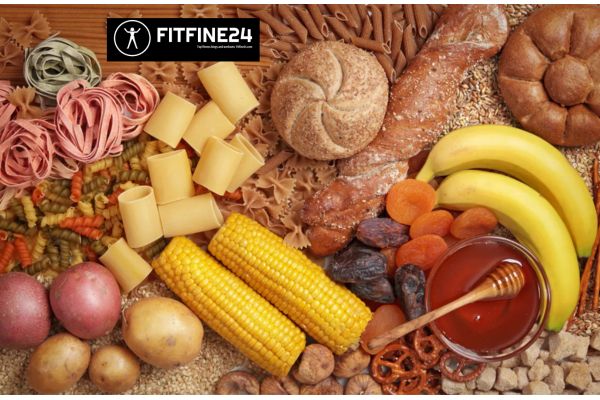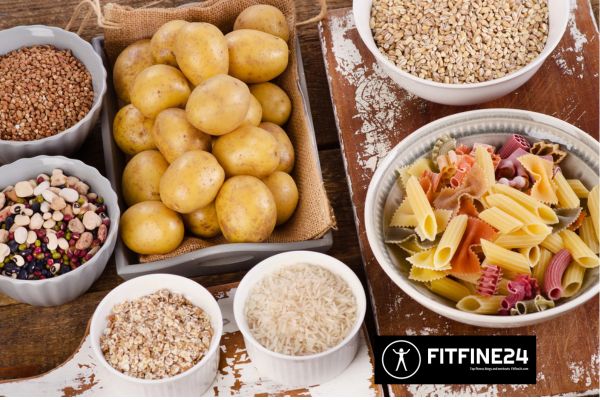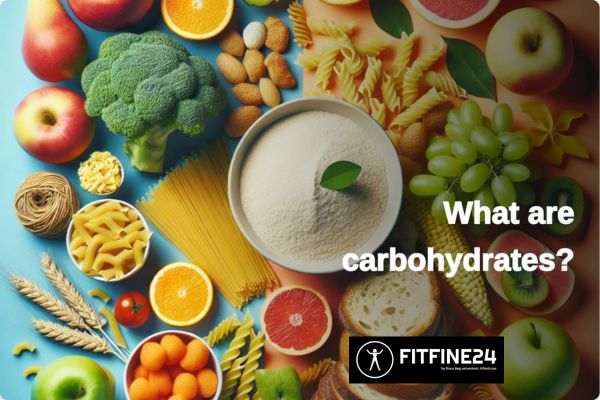Nutritionally, carbohydrates seemto be quite an air-punching bag — on one hand, barely anything else seems as hotly debated as they’re necessary or not within the realm of nutrition. Whether an athlete who wants to improve performance or someone trying to shed fat, carb consumption is crucial in achieving your fitness and health goals.

This article will discuss the importance of carbohydrates, their presence in present-day diet trends, and what you need to know about eating carbs education.
What are carbohydrates?
Carbs are one of 3 components that supply the body with energy — the other two being proteins and fats. Carbs, which are present in foods such as fruits, vegetables, grains, and legumes, are broken down into glucose that the body uses for energy. These guys are threefold:
Simple Carbohydrates:Sugars in candy, soda pop, and some fruits.
Whole grains, vegetables, and legumes are types of complex carbohydrates that provide a slow steady release of energy.
Fiber: Also considered a carb and not metabolized, but helps with digestion in terms of both blood sugar (higher-fiber foods are more filling) and physical digestive health.
Carbohydrates in Fitness
Carbs are the body’s primary energy source, which makes them essential for anyone who does physical activities. Glycogen (stored carbs) is what your body uses to fuel cardio, weightlifting, or HIIT workouts. A lack of carbohydrates causes a dip in energy levels, reduces performance, and induces fatigue sooner than you would expect.

Muscle Recovery
Your body is depleted of glycogen after an intense workout. Eating carbs post-exercise promotes quick muscle recovery and allows your muscles to be fresh when you hit the gym next time.
Endurance
Endurance athletes like marathon runners, cyclists, and so forth require a lot of carbohydrates. Technique 1: Carb-loading This is a common approach among athletes for long races, they increase their carbohydrate intake to stock up on glycogen and have a longer-lasting energy store.
CARBOHYDRATES AND WEIGHT GOVERNANCE
While carbs are necessary for energy, they can help weight pop up, depending upon the kind and quantity enjoyed.
Good Carbs vs. Bad Carbs
Whole, complex carbohydrates foods like whole grains, vegetables, and legumes are rich in nutrients and provide sustained energy and fullness. Processed carbs, on the other hand — such as white bread, pastries, and sugary snacks — provide quick energy but can cause blood sugar levels to spike when eaten in excess.
Low-Carb Diet Trends
Diets such as the atkins diet plan, Keto Diet, and Paleo diet, which emphasize fat control for weight reduction, permit a lower intake of carbs to be consumed. In general, these diets restrict or eliminate refined carbohydrates and instead focus on higher fat and protein intakes, which leads to a state of ketosis — where the body uses fat as an energy fuel source.
But cutting carbs excessively can cause you to have low energy, muscle loss, and nutrient deficiencies, so there is a time and place!

Using Carbs In Your Diet
The focus should instead be on the quality of carbohydrates you consume as opposed to the quantity. This is how carbs can help you:
Choose Whole Grains
Choose complex, slow-release whole grains like brown rice, quinoa, or oats for a sustained energy boost and lots of physical activity. Whole grains also have fiber, which is great for digestion and keeps you full longer.
Increase Your Consumption of fruits and vegetables.
All of them are rich in vitamins, minerals, and antioxidants, and they can be consumed as a substitute for processed carbs. So go for green leafy veggies, berries, and cruciferous vegetables such as broccoli.
Time Your Carb Intake
Carb-loading does have its benefits, namely a precious few days before your race. Also, if you work out pretty intensely, eating some carbs post-workout can help keep that recovery train running. Simply eat something like fruit, eaten alone, or a little bit of oat before you work out. As for post-workout, blend carbs with protein to repair muscles and restore glycogen.
What the Future Holds for Carbohydrates on Diet Trends at fitfine24
Though low-carb diets are a current fad, it is important to note that carbohydrates are crucial to balanced nutrition. More than ever, experts are calling for an adult perspective on carbs:prioritizing nutrient-dense sources (quality over quantity), enjoying them in moderation, and steering clear of processed sugars. Eating patterns such as the Mediterranean and DASH diets emphasize high-fiber foods like whole grains, fruits, and vegetables — these are carbs of the sort that support a lifetime of good health.

Conclusion
Carbohydrates are essential to the diet and serve as far more than just a fuel source, especially for those who exercise regularly. The other side of carbohydrate consumption is the spectrum between performance enhancement and nutrition, so eating the “right carbs” or being intentional about how you eat them also implies that you could increase energy, recover better, and improve health.

